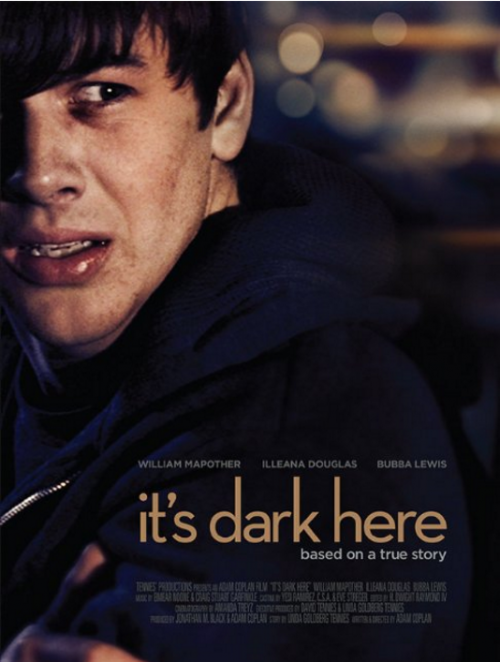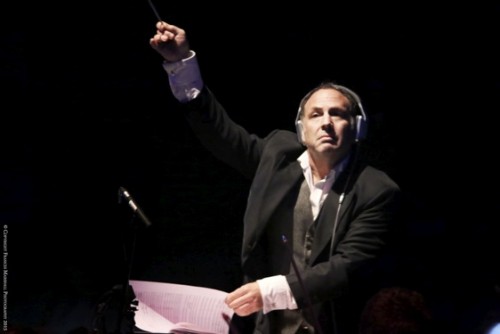Composers-in-Residence: Eimear Noone and Craig Stuart Garfinkle
Hello everyone!
This week has been absolutely amazing. We are already going into our fourth week of classes in our second semester, and I can tell you that so far this program has been what I expected and MUCH much more. For the next several weeks we have Eimear Noone and Craig Stuart Garfinkle as composers-in-residence.
Each week with my class (the first-years), Noone and Garfinkle discuss a film that they scored. Here’s how it works: We watch the film in its entirety without any music, and get a feel for the mood and message we need to support with our music. Then we compose two scenes every week. The next week, we bring them in for feedback. The current film we’re working on is called It’s Dark Here—an incredible film that sends a very deep message about schizophrenia.

If there’s one piece of advice I can give to future MFA film composers, it’s to start setting a schedule for composing now. This program throws a lot at you, and although at first I thought two years was going to go slow, it’s actually going extremely fast. If you feel you need to strengthen any particular skill, take the time to do so before you come to this program. The teachers are incredible, and you will learn everything you need to know for the professional world, but planning ahead now will help you advance even further while you are here.
This week alone we have six pieces of music due next week. Although they aren’t extremely long pieces of music, it still adds up to maybe 10–12 minutes of music a week. If you are not used to pushing yourself, get ready and prepared now!
Another thing we’re working on this semester is writing in the style of other film composers to learn their composition and orchestration techniques. I’m very excited about this because it’s a great learning technique, especially for certain sounds and tips and tricks. Every composer usually has a specific style—Danny Elfman and Bernard Hermann, especially. Not to say other composers don’t, but they are two great examples to take a look at.
In this class we watch films, analyze the score, learn about the specifics of the composers’ style—such as specific chords and their form—and then are sent off to write a piece similar to a specific scene in the film we watched. This way we are getting into the nit and grit of the composer.
That’s all for now everyone, please email me if you have any questions while choosing your graduate program! I’d be more than happy to help in any way.


